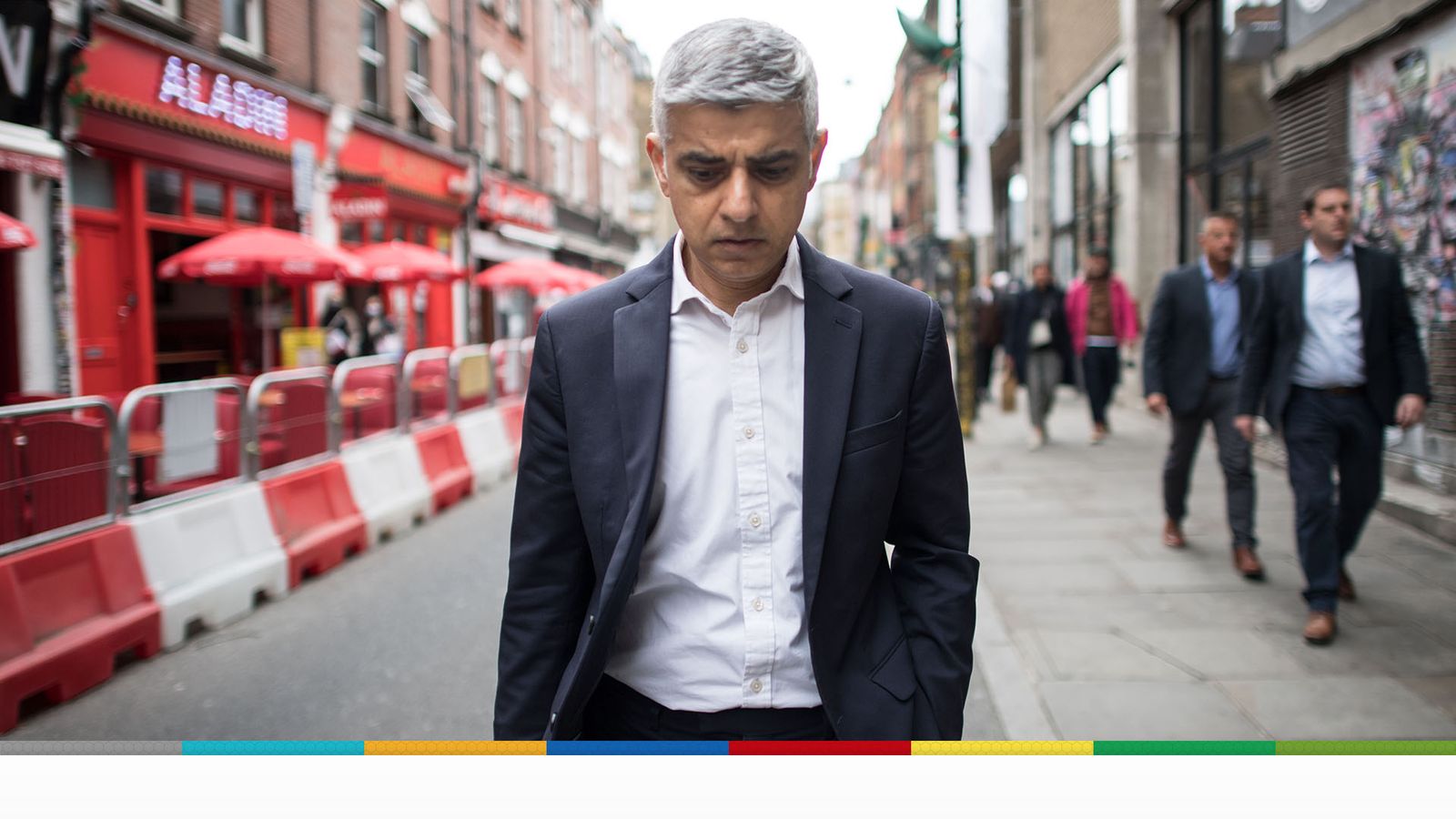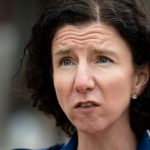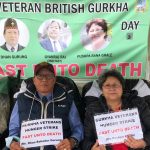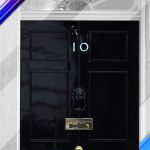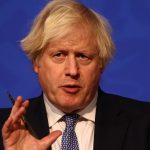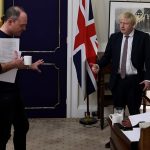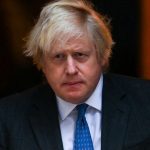The Labour Party is braced for a close contest in the race to become London mayor, as early results indicate support for Sadiq Khan has been lower than anticipated.
Conservative challenger Shaun Bailey had been effectively written off by some even within his own party in the run up to the 6 May election, but in results declared so far he has come out on top in areas previously won by the current mayor.
UK elections live: Follow latest results and reaction as ‘Super Thursday’ votes counted
In 2016 Mr Khan secured more votes than his then rival Zac Goldsmith in the constituencies of both Ealing and Hillingdon, and Brent and Harrow, but both areas have this time seen Shaun Bailey receive the highest number of first preference votes.
As recently as March opinion polls suggested Mr Khan was on course to secure more than 50% of the vote, which would have seen him claim victory in the first round of counting – something no candidate for London mayor has ever achieved.
While it remains likely Mr Khan will secure re-election, the results so far suggest a further round of counting will be required for the redistribution of second preference votes.
Seven of the 14 London mayoral constituencies have declared results so far, with the rest due to complete counts by Saturday evening.
So far Mr Khan has secured 487,104 first preference votes compared with Shaun Bailey’s 462,837, giving the current mayor a current lead of 24,267.
A source from Mr Khan’s team did not deny there was a sense of nervousness, suggesting turnout may have worked against their candidate.
“We always said it would be a close election,” the source said.
“There is no question we are seeing significant impact from turnout and voters believing they could put a smaller party first preference without influencing the election result. There are still half of London boroughs to count and it’s too early to say anything with any certainty at this stage.”
Privately some Tory MPs have said they believe Mr Bailey’s better-than-expected performance so far may be down to the unpopularity of low traffic neighbourhoods, backed by the current mayor as a means of cutting air pollution in the capital.
